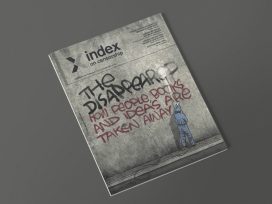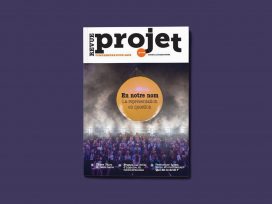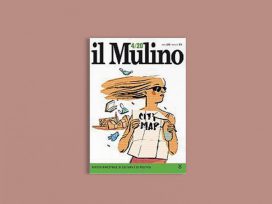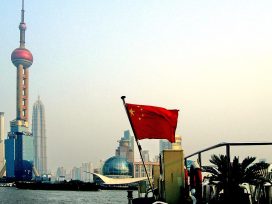French journal ‘Revue Projet’ warns against the old assumption that representation must be democratic and argues that the electoral system must be de-privatized. Also: revisiting Bruno Latour’s ‘parliament of things’ – can natural objects be given legal and political representation?
More recently, the decline of the labour movement and the triumph of neoliberalism have reversed the trend, leading to the current ‘crisis of confidence’ in representative democracy. In the face of low turnout, electoral volatility and the failings of ‘audience democracy’, argues Dubigeon, we must avoid the old trap of assuming that representation is inherently democratic.
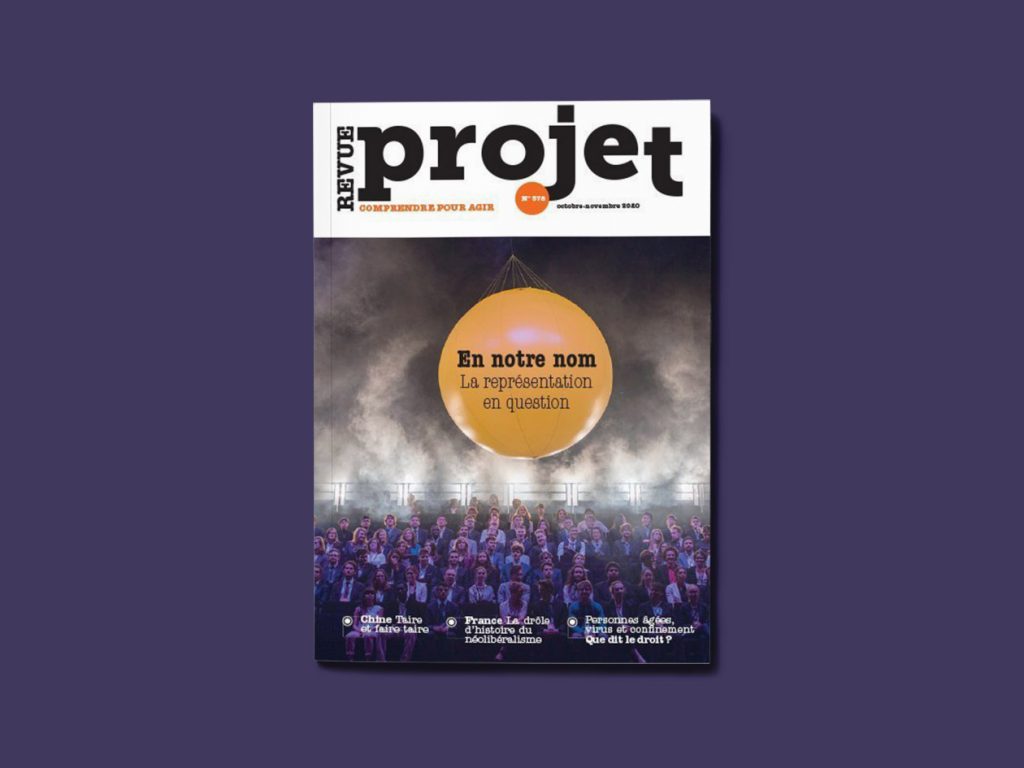
Democratizing representation
In France, political campaigns rely heavily on private money, disproportionately donated by the rich. But if the aim is to prevent the overrepresentation of the interests of the wealthy, then democracy must be funded by the public purse, argues Julia Cagé. She suggests a system of ‘vouchers’ in which every citizen is given €7 to be donated to a political movement of their choice. She also proposes a ‘mixed parliament’ in which candidates are socioeconomically representative of the wider population.
Parliament of things
Should objects in the natural world have legal and political representation? The first steps have already been taken, writes Damien de Blic: in 2017 the Maori community gained legal authority to represent the Whanganui River in New Zealand. De Blic revisits Bruno Latour’s 1999 vision of a political system in which every entity on the planet is fully represented. Non-human entities could be given a voice thanks to scientific equipment capable of expressing their reality in terms we can understand; experts could be appointed to speak on their behalf.
In 2015, two hundred students performed a simulation of a UN Climate Change Conference that included delegates from the Forest, the Atmosphere and Endangered Species. Such thought experiments reveal the limitations of classic forms of representation and offer possible future directions at a time of public health insecurity and climate crisis.
This article is part of the 18/2020 Eurozine review. Click here to subscribe to our weekly newsletter to get updates on reviews and our latest publishing.

This article was published in cooperation with CAIRN International Edition, translated and edited by Cadenza Academic Translations.
From this issue
You can read Damien de Blic’s article in Eurozine in English:
Published 7 October 2020
Original in English
First published by Eurozine
Contributed by Revue Projet © Eurozine
PDF/PRINTPublished in
In collaboration with
Newsletter
Subscribe to know what’s worth thinking about.
Related Articles
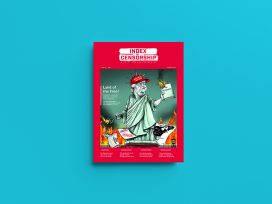
Liberty on the line
Index on Censorship 2/2025
Free speech in the US: how book bans are targeting independent thought; why Trump’s assault on education imitates Erdoğan’s; what the closure of Radio Free Asia means for the region’s information space; and how American liberals can learn from Soviet dissidents.

The Courts have acquiesced, the populace is compliant and the Democratic Party is splintered. Without any way to make their opposition felt, Trump’s opponents’ only hope is that the economy will cause MAGA voters to rethink.
